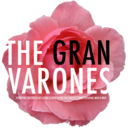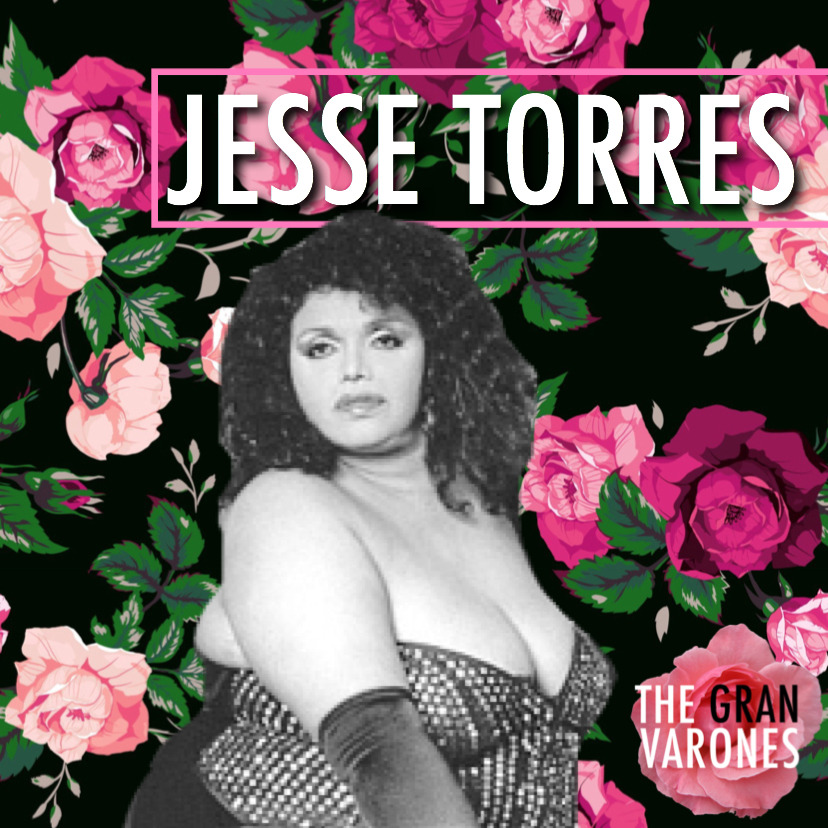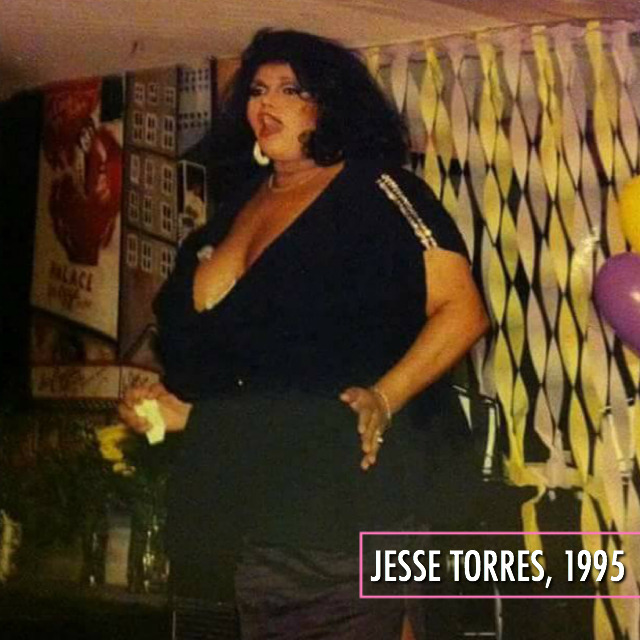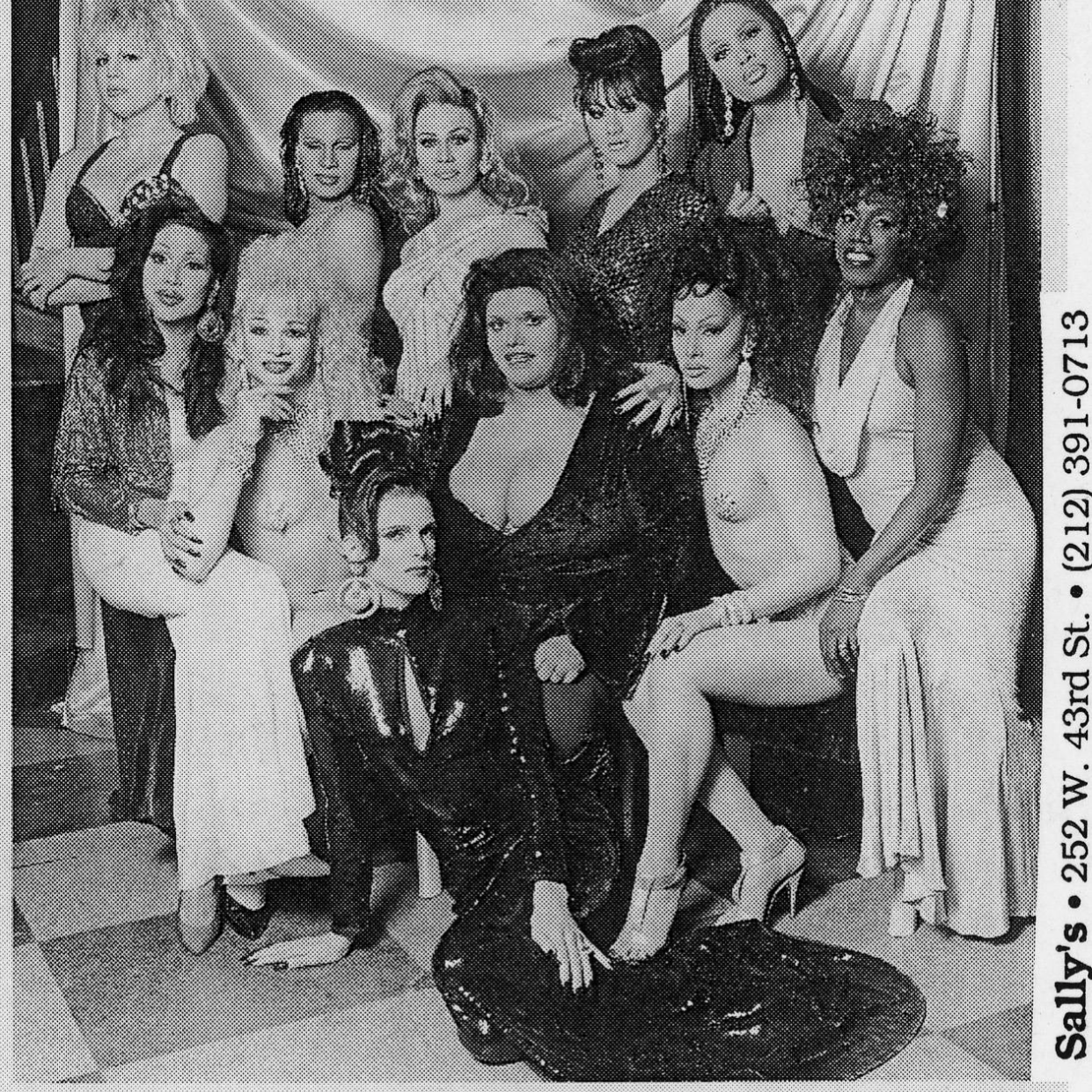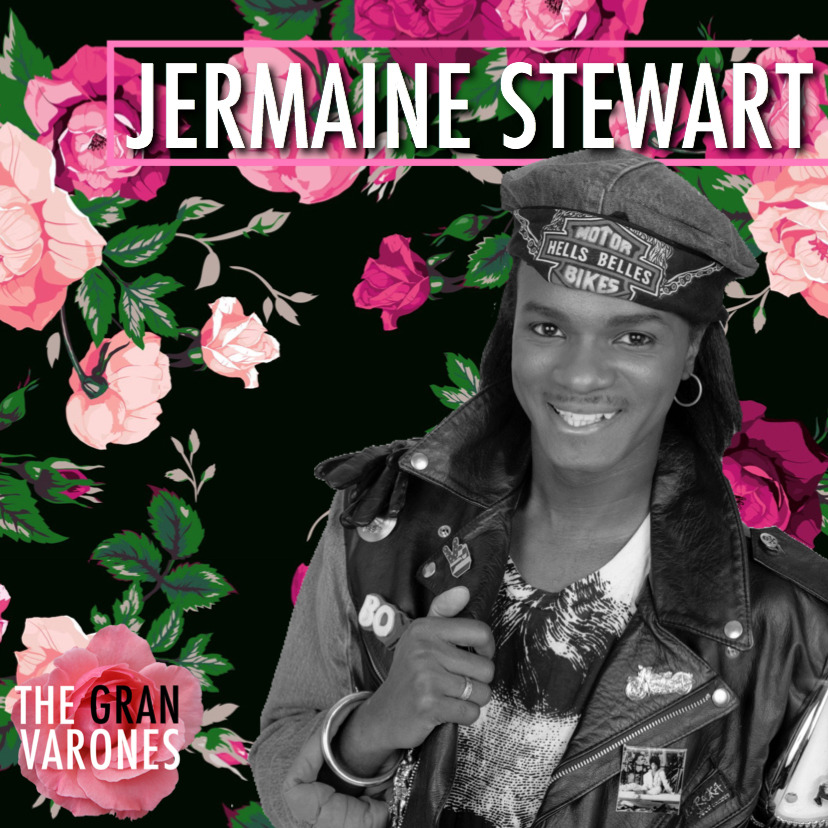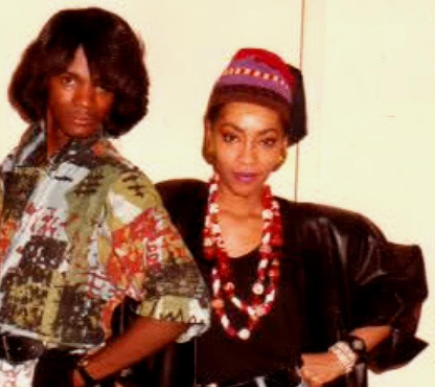Today is National Latinx AIDS Awareness Day. As expected, you are likely to come across a flood of HIV-related information and facts via social media and public ads. Predictably, this information will remind us that we are a “high-risk” population, will advise us on how and under what conditions to have sex, and most importantly, stress the importance of knowing our status and staying in care. Yes, I get it; this information is important and needed. For the purposes of full disclosure, as an HIV tester and educator, I often get paid to present these very numbers to eager crowds and nervous gay men struggling to remember their last HIV test date. I see value in this work, but I also strongly believe in centering faces over facts, stories over statistics.
For me, this means talking about awareness without the broad strokes inherent in national campaigns. Often I wonder what these campaigns are missing, and almost always I return to the same answer: us. These campaigns often don’t reach us because they were not created with us in mind. It is impossible to address HIV stigma, awareness, and prevention in the Latina/o community without knowledge of our lived experiences. This invisibility and institutional neglect leave us to answer some difficult questions on our own. For example, what myths and distortions have we internalized about HIV, gay men, and ourselves? How do these myths and misinformation impact how we treat each other? In what ways does the Latino/Latina/Latinx community perpetuate both violence towards gay men and cultivates a toxic environment detrimental to our mental and sexual health? I’m not going to just ask these questions and let you sit with them; I thought I might do something different today and share a bit with you all. Please be gentle with me.
When I think about HIV stigma and its association with shame in my life, I think about the first conversation I had about being gay with my mother seven years ago. If I’m a Gran Varòn, then my mother is La Gran Señora—the head of our household, the provider and nurturer, and the person from whom I’ve learned most about community, honoring family, and surviving the unthinkable. She has become my biggest ally. And yet I will never forget the first two questions that followed my nervous gay disclosure: “who molested you?” she asked, “and are you healthy?” One communicated that my gayness was a product of a violent and traumatic event, and the other that as a “closeted” gay person I probably was HIV positive. These two questions verbalized all of the coded yet consistent messages about LGBTQ people I had heard growing up—about our diseases, our dirty sex, our victimhood, and our perpetual tragedy.
But the truth was that my mother needed not ask me those questions for me to know that in her mind, and in my community, gay men are seen as laughable, perverted, and diseased. I had learned this before I even identified as gay. I learned it from hearing my family talk about the gay participants on El Show de Cristina, whose trauma and disease the audience consumed with a twisted mix of pity and vindication. I learned it from my preschool teacher Ms. Delgado who sent a letter home to my mother recommending therapy after noticing I played mostly with girls. I learned it from the whooping I got that day from both my mother and father. I learned it from my tíos who stroked their fragile masculinities by disparaging men they viewed as “jotos” like Juan Gabriel, Ricky Martin, and Walter Mercado. Their ideas of them became my ideas of me. These teachers and family members were and are my people. And so for me, as I suspect for many other gay men, “out of the closet” also meant into the darkness. All of these ideas experiences and messages impacted and continue to impact how I live my life as a gay man and my relationship with HIV in general.
As is the story for many other queer men of color, this shame, which persisted after the allegedly liberating act of “coming out,” led me to dark places, nonconsensual situations, and self-destructive behavior. Meeting strangers in pursuit of love and affection and leaving without knowing what happened and how; hiding in dark places to explore the boundaries of pleasure and pain only conceivable after a drink or a blunt; agreeing to disagreeable acts for the sake of companionship, for the sake of feeling something, anything. These experiences fueled by shame, and a desire to be seen and touched left scars that are still traceable. Most of these experiences, either by choice or coercion, placed me at great risk for harm and infection. But I had learned what to during such shameful circumstances. In line with family tradition, I didn’t expose my dirty laundry. I wrapped it all into one entangled web of garments and hid it in my new closet of sex secrets. In my state of repression and internalized stigma, every Latino gay man appeared to be wearing a garment from this closet. This is how stigma reproduces itself.
I share a piece of my experience not because I believe it to be astonishing nor exceptional but instead because I’ve been privileged to listen to the stories of so many other gay Latino men who have experienced shame, stigma, violence, struggle, and have marvelously survived. During my five years of facilitating support groups for queer people of color I’ve shared and listen to stories of abuse, survival or intentional sex work, harassment and violence, loneliness and isolation, addiction and homelessness. And now as a person who works in HIV prevention and education, I know how critical these experiences and narratives are to fighting stigma and taking care of ourselves and each other. I know some may say that there is more to social justice work, more to HIV prevention and care, than sharing stories and talking about our feelings and traumas. Yes, this is true. But I have been out on the field, in the clinic and on the streets. I know that I cannot approach a sex worker at her place of work to discuss getting tested and expect her to listen when I know that I’m interrupting her ability to get the next meal or pay for a night’s motel stay. This is to say that when discussing HIV prevention and combating stigma, I believe we need to move beyond percentages and look into the faces of the people we claim to care about. We have to have our basic needs met before we are able to plan for the future. We need to move beyond a state of survival to begin strategizing for safety—and that health begins with healing.
I understand that the process of undoing stigma and shame is laborious and exhausting. In a period of mass police shooting, of record HIV infections in Latino and black communities, and mass deportations, sometimes we need time to take a breather and escape. But I believe this is where community is most important. There are people reading this that are actively in pain, being abused, mourning, grieving, or perhaps numb. As a community we have an opportunity to step in and hug, love up on, and carry each other. This is a revolutionary act. This will not be part of a national campaign but it does promote prevention and health.
The slogan for this year’s National Latinx AIDS Awareness Day, launched by the U.S. Department of Health and Human Services, is “We’ll Defeat AIDS con Ganas”–with real effort. This slogan might be better stated as “Con Ganas y con Manos Abiertas”—with real effort and with open arms. This involves undoing the stigma we have inherited and looking into the faces of our community members and embracing all of the beauty, trauma, and shame they carry with them. This also includes taking a hard look at ourselves and asking how our own internalized stigma impacts how we deal and interact with those we claim to care about and for whom we advocate. Part of National Latinx AIDS Awareness Day’s efforts, I believe, must involve amplifying the voices of the communities affected, marrying HIV prevention efforts with mental health resources that provide spaces for empowerment and healing that facilitate a transition between survival and safety planning.
I believe prevention and addressing stigma starts with seeing and acknowledging members of our community. Honestly, sometimes prevention really just starts with the little things. Before writing this post, Louie, the founder of Gran Varones, messaged me to check in on the status of my writing. Stressed and apologetic, I responded to him, “Louie, I am so sorry I’m heartbroken over this boy and have been quite depressed. I know I said I would send you something by today but I’m just so…” “Slow down,” Louie said “Chile. Don’t worry about that. How can I help right now?” “Do you mind if I call you right now, I just need to talk?” I said. “Girl, call me right now. I know about a book you should read” he said.
Since thoughts of unhealthy decisions were lurking in mind at that point, this is what prevention and healing looked like for me today.
Miguel Garcia, Boston
